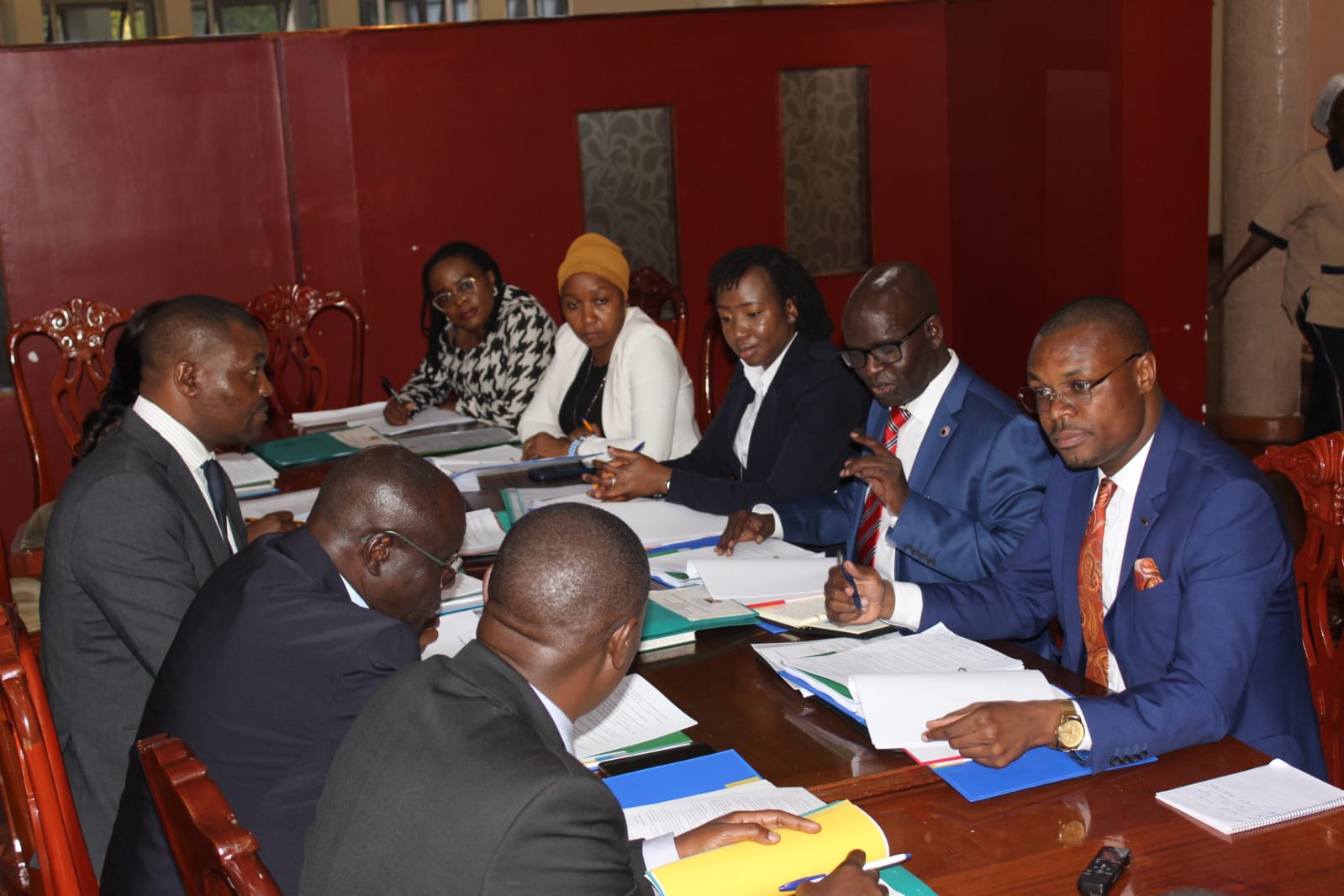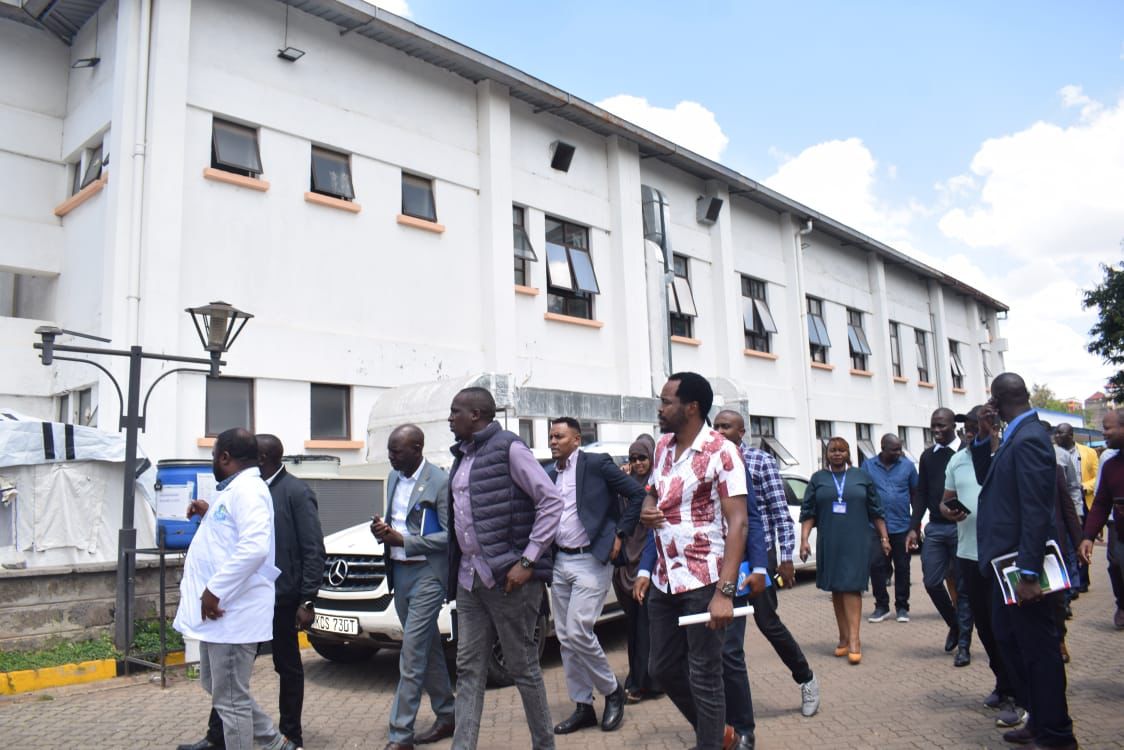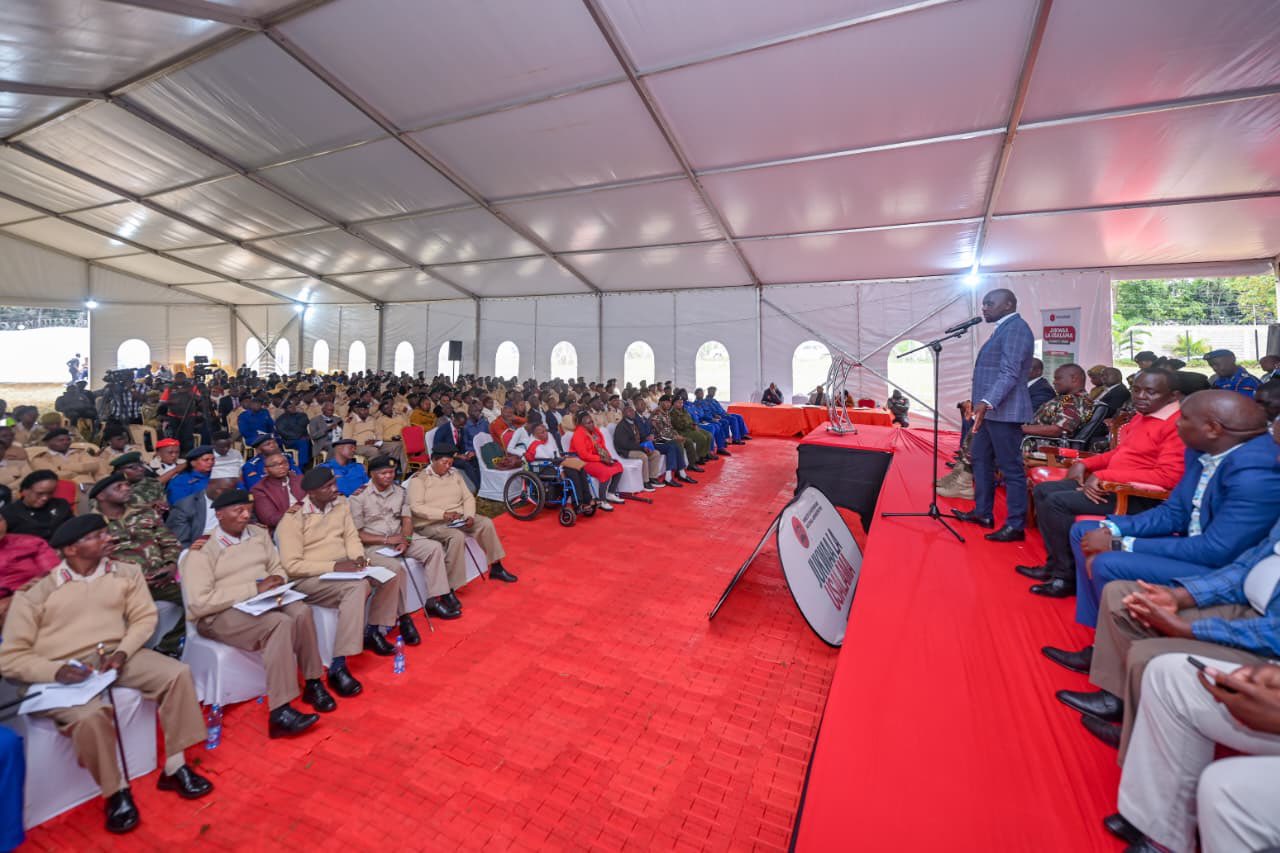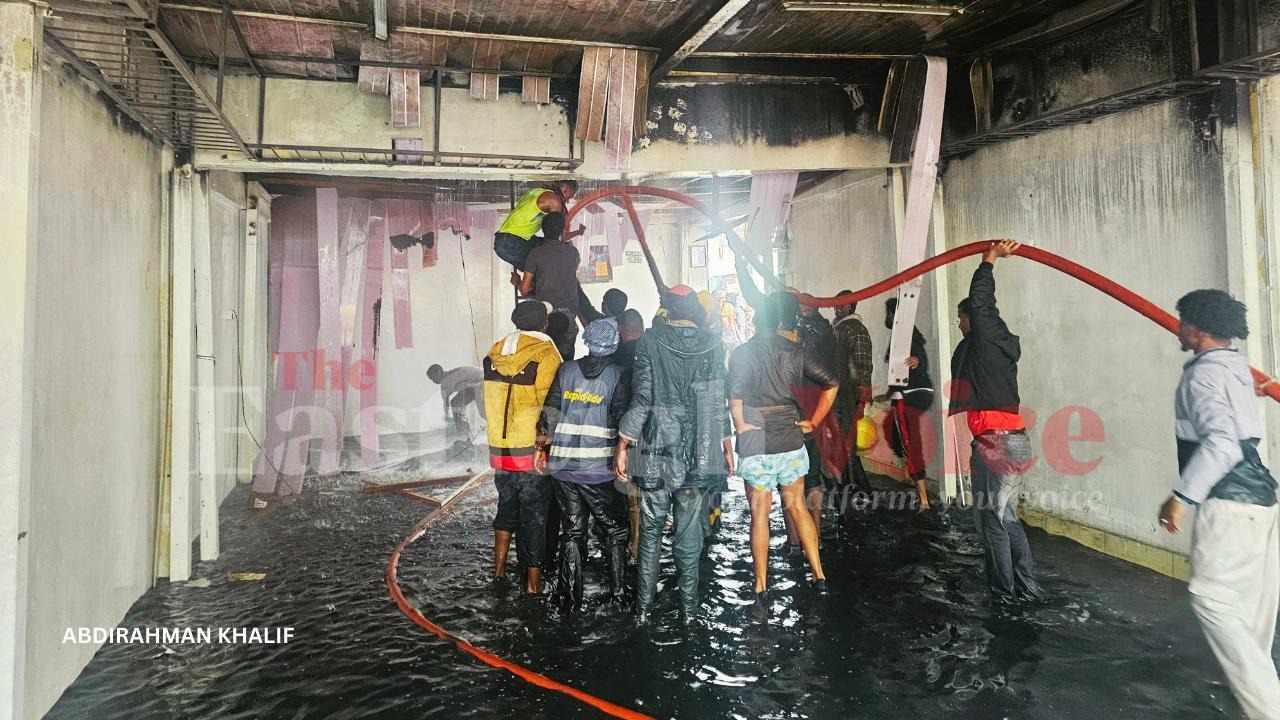Over 40pc of Kenyan procurement professionals unqualified or practising illegally, audit shows

The Kenya Institute of Supplies Management Chief Executive Kenneth Matiba said a nationwide compliance audit uncovered high levels of noncompliance in both public and private institutions.
Over 40 per cent of procurement professionals in Kenya are either unqualified, practising without a licence, or operating illegally, a new report by the Kenya Institute of Supplies Management (KISM) has revealed.
Counties have emerged as the most affected, with a majority of procurement staff found unfit to hold their positions.
More To Read
- Auditor General flags massive procurement violations across 32 counties
- KeNHA to expand Kiambu Road into four-lane dual carriageway under China-funded project
- Supreme Court strikes down KPA's second grain bulk handling facility tender
- Government suspends all tenders, contract awards until e-GP launch
- Proposed law seeks to protect contractors from arbitrary termination of state contracts
- Tenders awarded by government agencies shrink as cash crunch continues to bite
KISM’s Chief Executive Kenneth Matiba said a nationwide compliance audit uncovered high levels of noncompliance in both public and private institutions.
The audit involved 109 institutions, including 20 ministries, 13 county governments, 21 private entities, and 55 state corporations.
It found that 15 per cent of supply chain officers were practising without proper registration or licences.
“The institute has recorded a high noncompliance rate of 42 per cent with relevant supply and procurement laws across all sectors, prompting us to take action against this concerning trend,” said Matiba during a briefing in Naivasha.
The audit showed that counties were the most problematic, with many practitioners operating without valid documentation, in violation of the Supply and Procurement Management Act.
Matiba warned that such noncompliance puts public procurement processes at risk, especially given the increasing cases of irregularities and corruption in the sector.
To address the problem, KISM has started disciplinary proceedings against 116 unlicensed officers.
“The disciplinary committee has decided that 93 of these cases will proceed for hearings,” Matiba added.
KISM Chairman John Karani said professionals who violate procurement laws face disciplinary action, including being debarred.
“So far, we have sanctioned two individuals for violating supply and procurement laws, and with 93 active cases, the institute will pursue possible sanctions, including deregistration,” he said.
Karani noted that while the institute has over 25,000 members, only 10,000 are currently registered. He said many practitioners are either practising illegally or lack the required qualifications.
The institute is working with the Education Ministry to support proper procurement in the country’s 33,000 schools and is also collaborating with the National Treasury to support the transition to e-government procurement.
“We are working with the judiciary to train its council members on writing judgements and to strengthen its disciplinary committee,” he said.
Last year, a spot-check by KISM in five public institutions uncovered 17 officers working without proper licences.
“We are committed to promoting professionalism in supply chain management. These checks are crucial in ensuring that only qualified and registered practitioners are handling our public resources,” Matiba said.
Institutions previously flagged include the Technical University of Kenya (TUK), the Pyrethrum Processing Company of Kenya, and the Kenya National Examination Council (KNEC).
KISM warned it will take legal action against non-compliant officers and their employers. The institute also completed disciplinary hearings for 45 cases involving misconduct, mostly from county governments such as Homabay and Vihiga.
The outcomes included fines and reprimands, with some cases still awaiting judgment. KISM plans to make the findings public as a warning to others.
Top Stories Today
















































